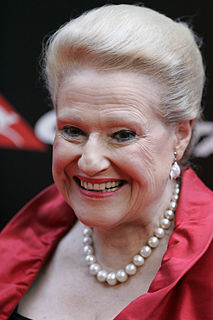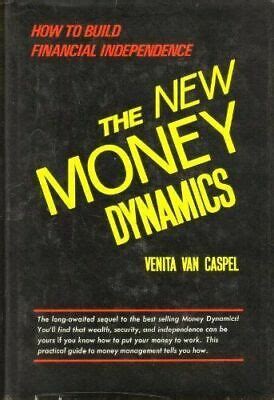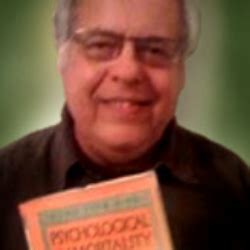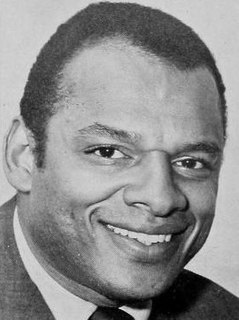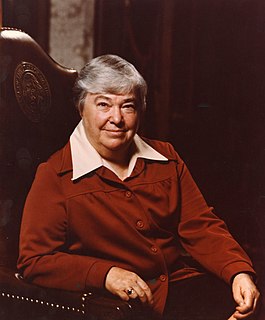A Quote by M. Scott Peck
The best decision-makers are those who are willing to suffer the most over their decisions but still retain their ability to be decisive.
Related Quotes
In the face of uncertainty, many companies will default to asking their innovators to study and analyze, which can't actually ever provide a definitive answer. The decision-making systems here are meant to deal with the reality that decisions about innovative ideas will rely on patterns and intuitions. The best venture capital organizations deal with this challenge by staging investment, actively participating in startups they fund, tying decisions to learning as opposed to artificial dates on the calendar, and assembling a diverse team of decision-makers.
The ability to make a decision is another characteristic of a winner in money matters. I have found over and over again that those who succeed in making large sums of money reach decisions very promptly and change them, if at all, very slowly. I have also found that people who fail to make money reach decisions very slowly, if at all, and change them frequently and quickly.
I have made decisions that turned out to be wrong, and went back and did it another way, and still took less time than many who procrastinated over the original decision. Your brain is capable of handling 140, 000 million bits of information in one second, and if you take hours or days or weeks to reach a vital decision, you are short-circuiting your most valuable property.
I'm a very good decision maker because I have core set of principles and so I can make decisions. Decisions can be very hard and you have to wrestle with them, but I'm able to get all the data on the table and figure out what would be the best decision because decisions mean ill for some people and mean positives for others.
Making decisions was the painful part for me, the part I agonized over. But once the decision was made, I simply followed through—usually with relief that the choice was made. Sometimes the relief was tainted by despair, like my decision to come to Forks. But it was still better than wrestling with the alternatives.
In their zeal for particular kinds of decisions to be made, those with the vision of the anointed seldom consider the nature of the: process: by which decisions are made. Often what they propose amounts to third-party decision making by people who pay no cost for being wrong-surely one of the least promising ways of reaching decisions satisfactory to those who must live with the consequences.

